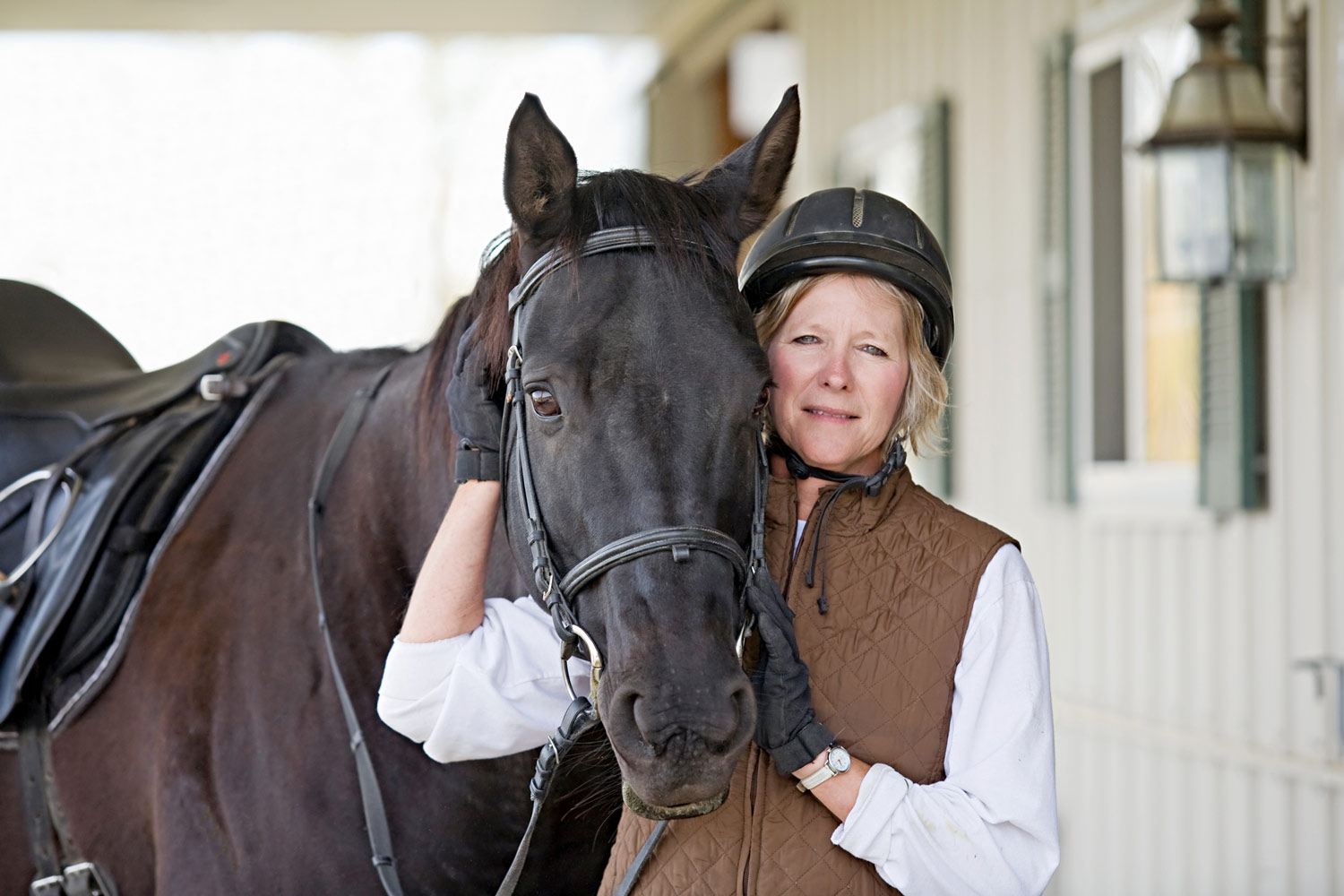Disease and infection are ever-present threats to horses in the UK and keeping your horse’s stable clean and disease fee is vital to the welfare of your horse. Infectious diseases, such as strangles and ringworm, can easily be spread amongst horses through their surroundings (equipment, soil, other horses, flies etc) and it is important that the right precautions are taken to prevent this.
In order to successfully prevent the spread of disease it is important to understand exactly how these illnesses are passed amongst horses. The most common ways of spreading illness amongst horses are; through direct contact with horses and other animals, bites from mosquitos, flies and ticks, through water droplets in the air (coughing, sneezing etc), through waste products such as urine and faeces or other bodily fluids, sharing equipment, food and water, from contaminated vehicles and housing.
One of the most important ways you can protect your horse from infectious diseases is by practising good hygiene. Keeping all equipment, utensils, clothing and surfaces as clean as possible is essential and everything you use should be regularly cleaned and sterilised.
It is also advisable to clean stables and field shelters daily, with a deep clean and sterilise being conducted between different occupants. If a horse has been ill and occupying a stable or field shelter then it is important to thoroughly clean and disinfect the lodgings after. Additional measures to ensure the safety of your horse can include disinfecting any fences and exercise areas that infected horses may have had access to.
Keeping faeces and other waste products away from your horse, its feed and its water supply are also crucial in protecting your horse’s health. Disposal of dung should be undertaken at least daily if not more frequently and dung heaps should be kept well away from food and water supplies.
Infectious diseases are often carried on clothing and boots and one of the easiest ways of preventing an outbreak within your stables is to regularly change and wash your outer clothes and disinfect your boots. This is particularly important if you have been spending time around unfamiliar horses, such as at a show or a different stable.
Finally, vehicles can carry infections and diseases that will spread to your horse if they are not regularly cleaned and sterilised. Lorries and trailers need to have all dung and used bedding removed after each use and should be deeply cleaned and sterilised before the next use.
The best way to prevent the spread of infectious diseases is to maintain a regime of cleanliness and to remain watchful for early signs of infections or diseases that may need to be controlled.

